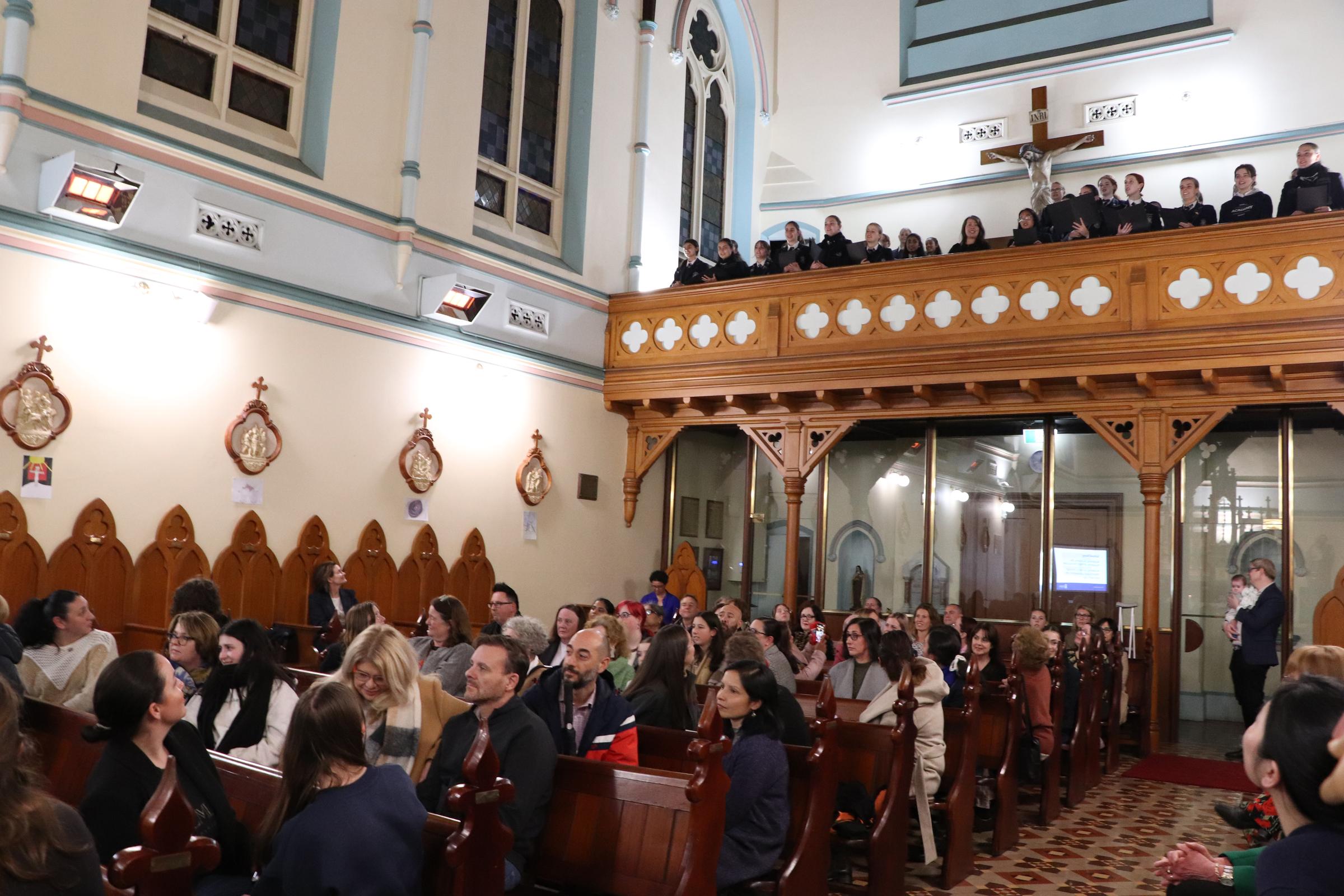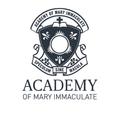Faith & Mission

As I write this, I am 16 days from my retirement after 47 years in Catholic education.
Michael McGirr, currently the Mission Director of Caritas Australia and the author of many excellent books, described retirement as ‘shedding’.
In Michael’s use of the word, ‘shedding’ could refer to the possibility that in 16 days time I will take to my shed, or man cave, to potter and totter around. To misquote Macquarie’s ‘Word of the Year’, ‘enshedification’.
The word could also be used to describe the ‘shedding’ of a lifetime of commitment to education and in particular to Catholic education. The image brings to my mind the excitement that would come with the purchase of, for example, a new pair of jeans. As I ‘shed’ the old pair, I would think of the adventures, the camping trips, the parties that I had enjoyed in the old jeans and wonder where the new jeans would take me.
I have had plenty of adventures, and hopefully not too many party times, in my Mathematics classes.
There was the sublime beauty of working with Specialist Mathematics students to discover that:
In an apocryphal story, the great mathematician Euler is supposed to have used this equation as proof of the existence of God in a debate with the atheist French philosopher Diderot.
There was also great pleasure for me in working with Mathematics students at all levels in opening up for them the power that can be achieved in mathematical thinking, be it algebra, statistics, geometry, measurement or graphs.
Religious Education classes hold a special place. Yes, there is sublime beauty to be found in traditional Catholic doctrines such as transubstantiation and the incarnation. But the reality is that such doctrines, based as they are in deep faith, do not address the immediate needs of students growing up in an increasingly secular society.
I recently read an article in The Tablet on Catholic Schooling in the United Kingdom written by Raymond Friel. The headline for the article was ‘Stronger Together’. My first thought was that this had to be an article worth reading. The deeper thought was that Friel put into words so much of what I had striven to achieve in my Religious Education classes.
Friel referred to Vatican II’s Declaration on Christian Education. Young people were to be formed in the values of the Gospel, ‘to do their best to promote the common good’. What a challenge! Catholic schools are not simply part of a system to fill the pews of parish churches on Sundays. Nor are they any longer a vehicle to simply educate Catholic children like my father and his eight brothers and sisters out of the 1930s South Melbourne slums.
Catholic schooling is about educating and forming young people with a vision for the transformation of society in a way that is beneficial to all.
The Mathematics teacher in me certainly had an eye on the career opportunities, and the related comfortable remuneration, for which success in secondary school mathematics was a prerequisite.
But as Friel writes, “Knowledge is not to be considered as a means of material prosperity and success, but as a call to serve and to be responsible to others.”
Catholic education does aspire that our students achieve the best ATAR scores they can and that they are formed in Gospel and Mercy values with a moral compass, a compassionate heart and a readiness to serve others and indeed, the earth itself.
I have written before that teaching is a conversation between the generations on matters of importance.
In my teaching career, my side to that conversation was as a single man, a married man, a father and now a grandfather.
Not surprisingly, as I look back on my teaching career, I can easily identify changes in my thinking about the fundamentals of life. Often times, the changes that I recognise as improvements in my thinking were partly as a response to the many classroom conversations I have experienced.
Finally, Friel posited that Catholic Social Teaching contains a set of principles to which all students, teachers and parents in our Catholic school communities can commit. I would add the six Mercy values. These principles which promote the dignity of all human persons, action for the common good of all and action to support the earth our home can rightly sit at the heart of the many classroom conversations to come.
Farewell. God Bless.
Merry Christmas
I would like to wish all members of the Academy community a happy and a holy Christmas season and a relaxing summer break. I want to acknowledge the wonderful support of Ms Pina Nicolazzo, Ms Kerri Ruff, Ms Bianca Siciliano, Ms Jessica Synaphet and Ms Anne Marie Allan who have variously attended to a vast array of administrative and creative tasks required to support my work as the Director of Faith and Mission.
Finally, I want to thank all the teachers for their dedication, professionalism and the positive manner in which they worked throughout this year.
Mr Mark Hyland
Director of Faith and Mission

